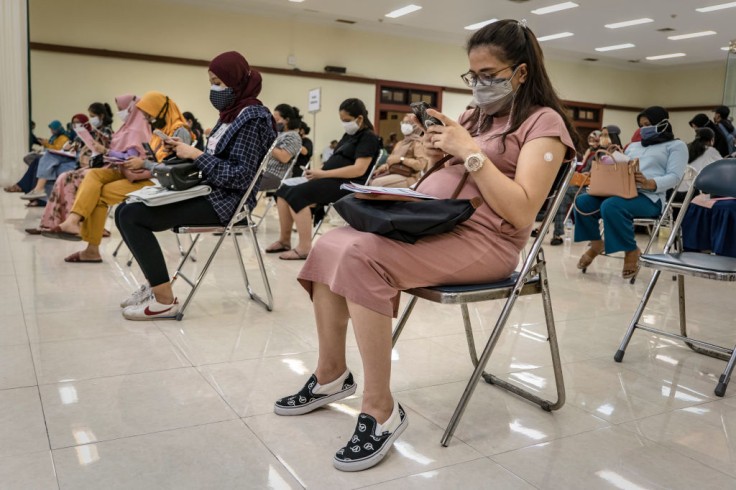
Doctors around the world are growing more concerned about pregnant people who continue to hesitate the vaccine despite their high risk for infection for COVID-19 during pregnancy. They could also be putting the babies inside their wombs at risk for the long-haul impact of the virus.
Dr. Deborah Money of the University of British Columbia said that the global population of pregnant people remains "under-vaccinated" compared to the other age groups. Money has been tracking the trend as part of her work as an obstetrics and gynecology expert who specializes in infectious diseases among reproductive adults.
She said that the vaccine is supposed to deliver antibodies in babies that will protect them from the virus before they could be eligible for the shots. However, if the mom doesn't get the vaccine, her baby could get sick with the virus and could likely be delivered prematurely.
Study on Babies and Long Haul COVID
To understand the impact of pregnant moms who get COVID-19 during pregnancy, the National Health Institutes (NIH), will conduct research involving 1,500 pregnant women for four years. The team of experts will study and evaluate their kids for abnormalities in their neurological and cardiovascular functions. They will also assess the mother's long-term COVID symptoms.
Mom Brooke Smith, who had COVID-19 during pregnancy in 2020, has signed up for the study. Before she went into labor, she got infected with the virus a second time. Though she delivered a healthy baby boy, she has many lingering questions about the virus' impact on her son and it's questions that many doctors have heard from their pregnant patients who experienced COVID-19.
"We have concerns about what could happen to a developing fetus and we don't have all the answers," Dr. Ryan Loftin said regarding the significance of the NIH study, knowing that whatever happens to the mom directly affects the fetus inside her.
The study is also important because preliminary studies have indicated that long-haul COVID is more harmful to female patients who are pregnant because of their immune systems. Inside the womb, the placenta may become infected with the virus although the rate of infection in the fetus itself is low.
Why Vaccine Hesitancy is High Among Pregnant People
Per the Boston Globe, vaccine hesitancy in pregnant people ramped up because of unsupported fears surrounding its impact on the unborn child. However, many plan on having their COVID-19 vaccine after they deliver the baby.
Thus, various health agencies have been running various information campaigns to get the message across that the vaccine is safe and helpful, especially for those heavy with a child. Doctors also want to emphasize that vaccination may lower the chances of preterm births, stillbirths, or even deaths in the moms.
Information on the vaccine's safety for pregnant women did not emerge faster than other studies because most of these excluded the pregnant population out of safety and precaution. Since then, however, more than 170,000 vaccinated people who had COVID-19 during pregnancy did not have poor outcomes or increased risks.
In the spring of 2021, only one in 10 pregnant moms were vaccinated in the U.S. As of October 30, that number has increased to one in four pregnant women, but it's still a lower rate than what has been expected.
Related Article: CDC Appeals to Pregnant Women: Get Your COVID-19 Vaccination